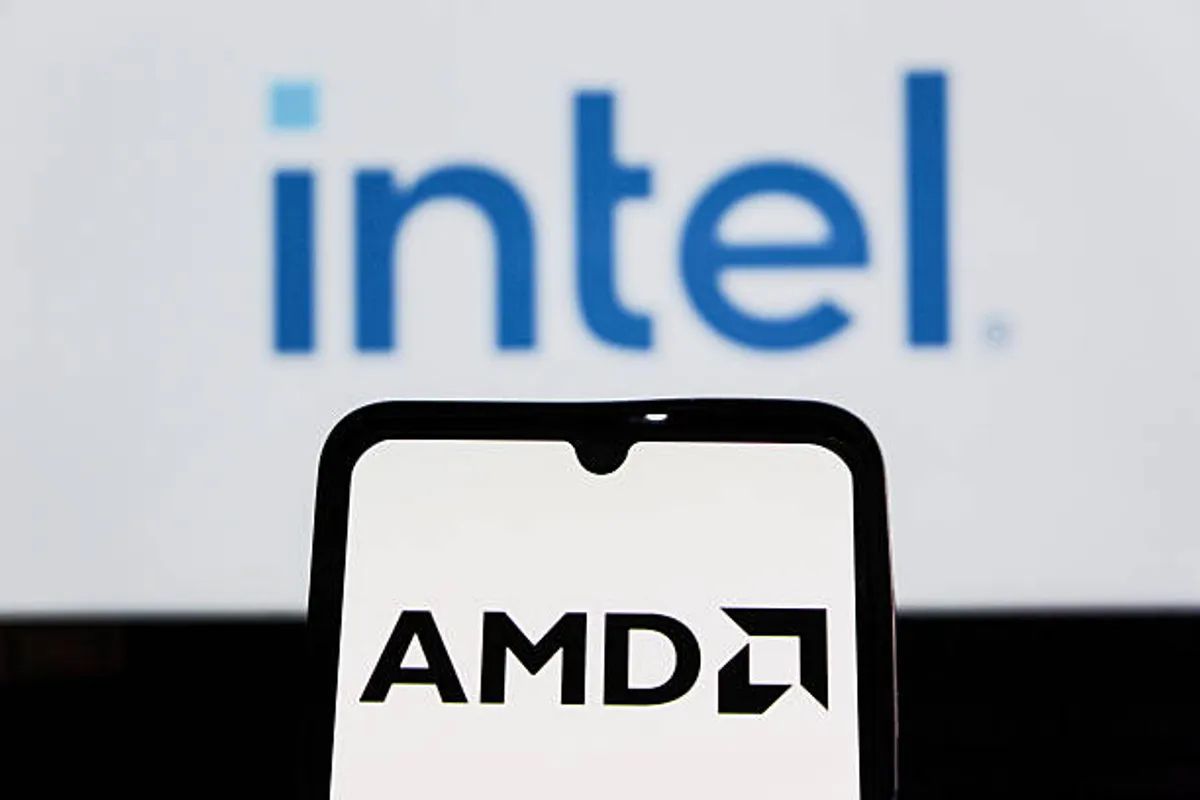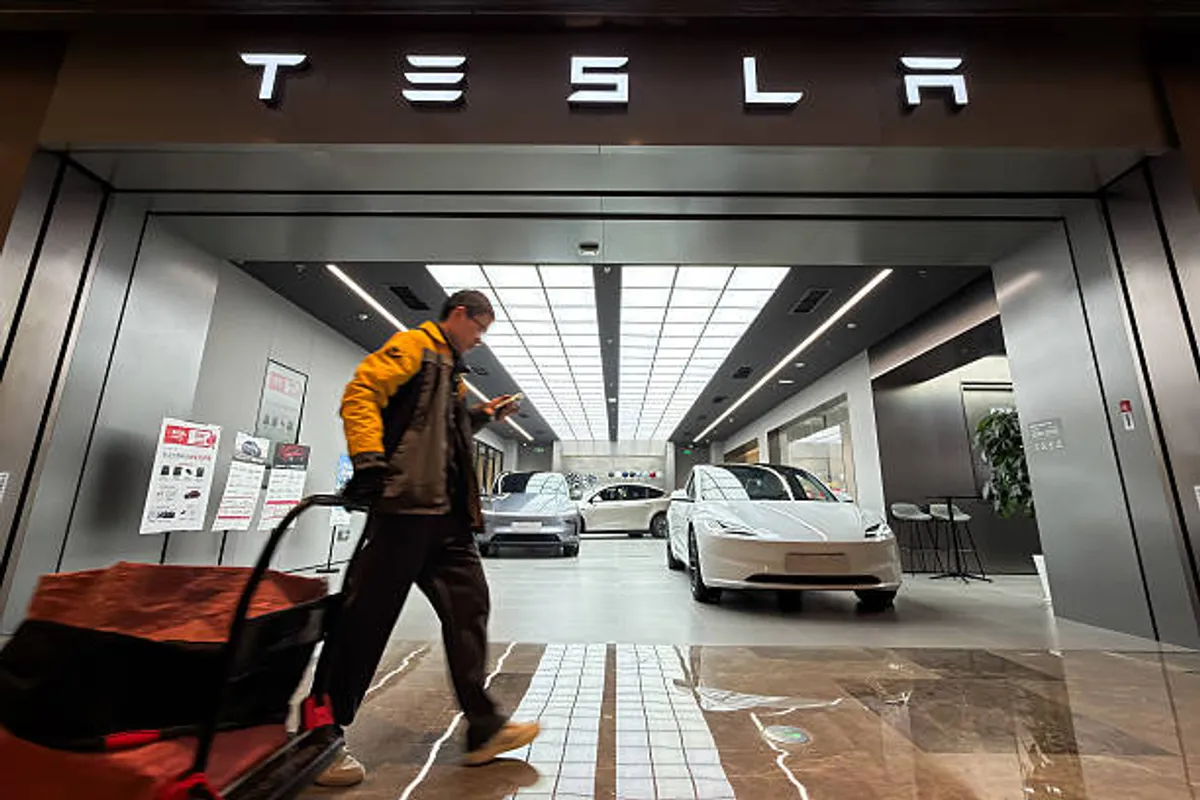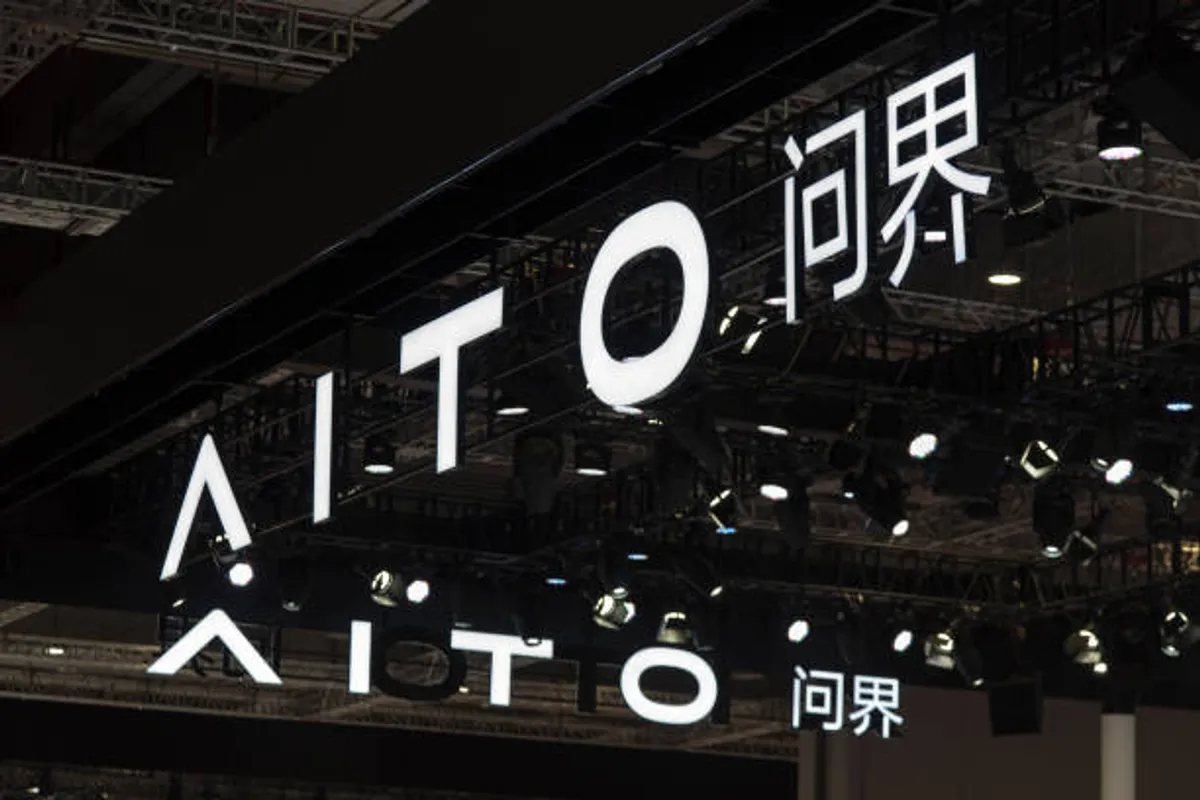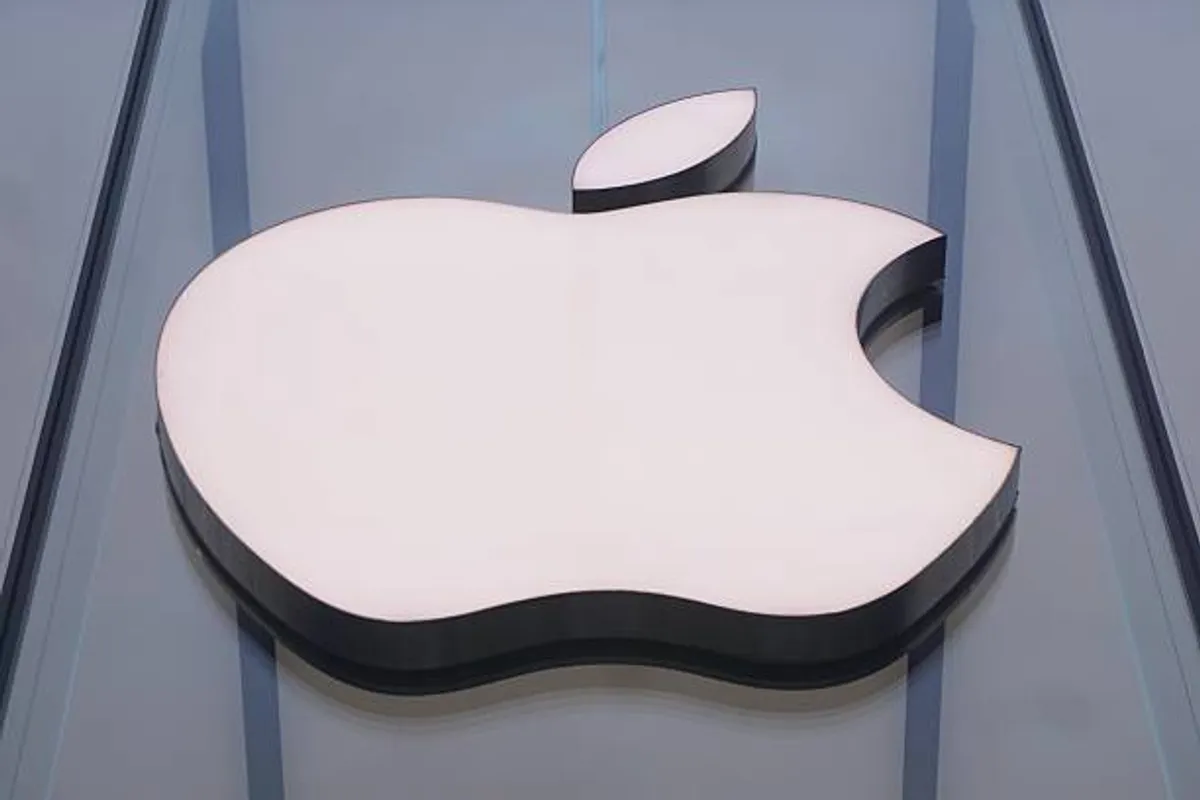Nvidia's Jensen Huang Says 'China Will Win the AI Race With U.S.'

GeokHub
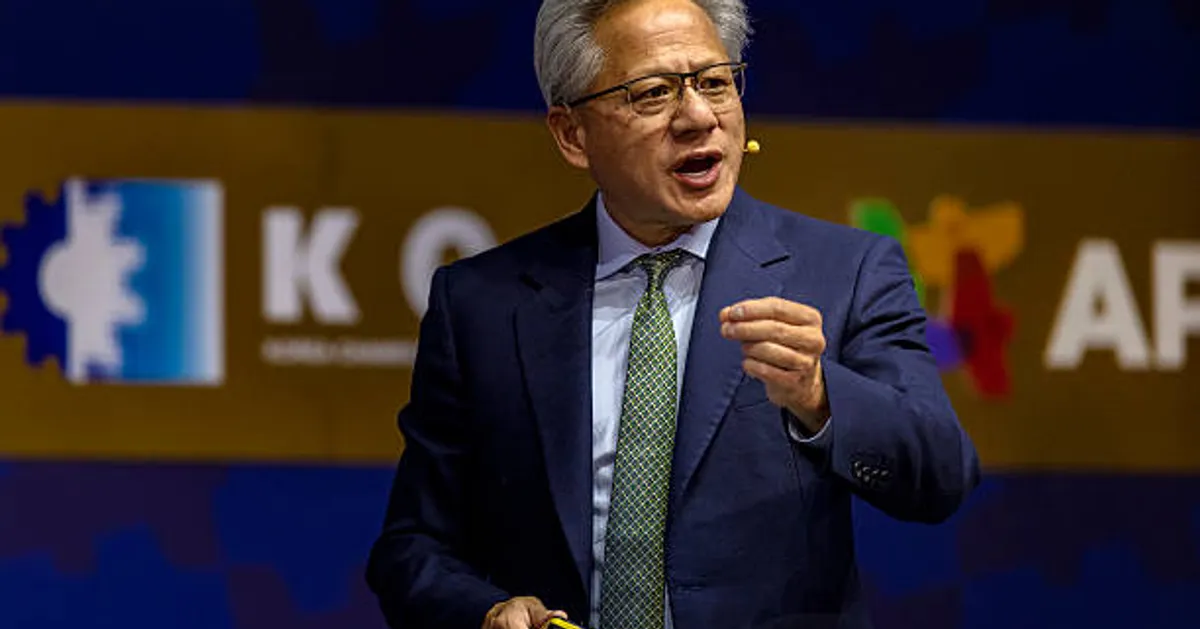
Nvidia CEO Jensen Huang has issued a striking declaration that China is poised to prevail in the global artificial-intelligence race, citing the country’s abundant developer base, government support, and lower operational costs. He made the comment during the Future of AI Summit hosted by the Financial Times.
Huang said that while he would like the U.S. to “win” the AI race, the current policies risk sidelining American firms by excluding them from China’s rapidly expanding ecosystem. “China is going to win the AI race,” he said, adding that excluding Chinese developers from American technology platforms would be a strategic mistake.
He pointed to specific competitive advantages he believes China holds — notably cheaper power and fewer regulatory barriers — which allow Chinese firms to scale up AI operations more efficiently. Meanwhile, he described Western AI strategies as constrained by “cynicism” and fragmented regulation.
Analysis / Impact:
Huang’s comments come at a politically sensitive moment, as the U.S. tightens export controls on advanced chips and China pushes to build sovereign AI infrastructure. His warning spotlights how global tech supremacy is no longer solely about chip design — it’s about talent, infrastructure, policy and access.
For Nvidia, the remarks are compelling. As a company that sells AI hardware globally and navigates export restrictions and geopolitical risk, Huang is signalling that national policy may be as crucial as technological leadership. His view suggests that even companies with cutting-edge gear can lose competitive ground if they are cut off from major markets and ecosystems.
For the broader AI ecosystem, this moment may prove pivotal: if China is seen to accelerate ahead, it could shift investment, partnerships and innovation flows. At the same time, it may prompt U.S. policymakers to reconsider strategies for maintaining global AI leadership — not just through hardware, but through alliances, regulation and access.

